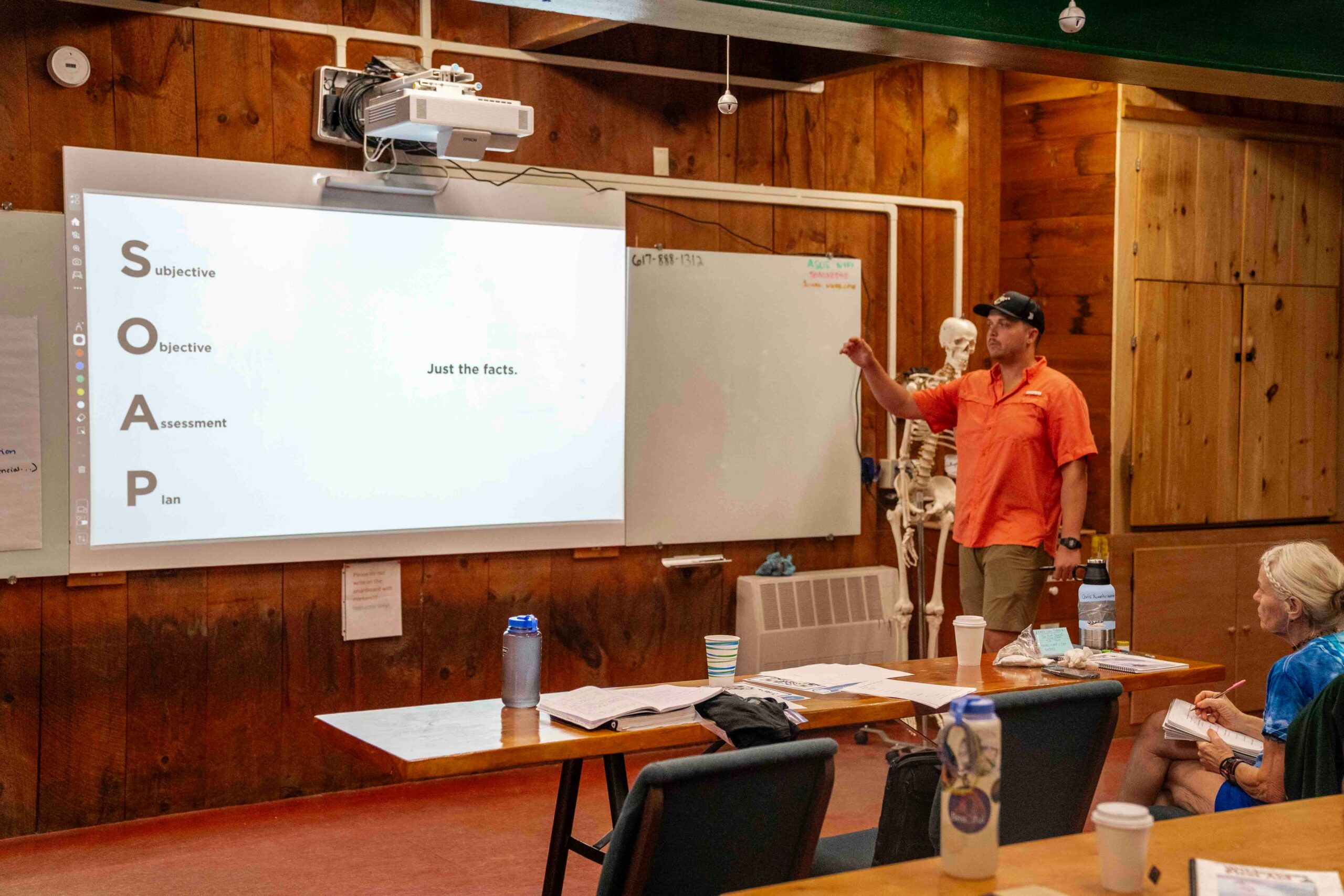“Ever felt lost trying to choose a financial consulting course? You’re not alone. Thousands are overwhelmed by buzzwords, pricey subscriptions, and shiny app promises.”
Welcome to your ultimate guide on Consulting FAQs. Whether you’re looking for tools to manage personal finances or apps that help streamline your financial journey, understanding how these work can save you time, money, and headaches. This post dives into everything from courses to software, ensuring you get crystal-clear answers.
Buckle up—you’ll learn:
- Why consulting is crucial in mastering financial tools.
- The essential steps to pick the right resources.
- Actionable tips and real-world advice (plus one terrible tip so bad it’s almost genius).
Table of Contents
- Key Takeaways
- Section 1: Why Choosing the Right Course Feels Like Navigating a Jungle Gym Naked
- Section 2: Step-by-Step Guide to Finding Financial Consulting Resources
- Section 3: Tips to Maximize Your Learning & Tools
- Section 4: Real-Life Success Stories That’ll Make You Say “I Can Do This!”
- Section 5: FAQs About Consulting Financial Tools and Courses
Key Takeaways
- Finding trusted financial consulting courses takes research—but don’t worry, we’re here to simplify it.
- Popular tools like Mint, YNAB (You Need A Budget), and PocketGuard integrate seamlessly with most educational platforms.
- Avoid overcomplicating—start small, scale smart.
Section 1: Why Choosing the Right Course Feels Like Navigating a Jungle Gym Naked
Confession time: I once spent $799 on an online “comprehensive finance” course only to discover it was three hours of someone reading PowerPoint slides aloud while I stared longingly at my coffee mug. Not ideal.

Here’s the deal: The internet is flooded with options. According to a recent survey, 68% of people who enroll in online personal finance courses don’t complete them because they either feel overwhelmed or under-supported. And when apps enter the mix? Whirrrr… It sounds like trying to tune out static during an important phone call.
But fear not! By focusing on consulting FAQs, this jungle gym starts feeling less intimidating. Think of us as your trusty climbing gear supplier—we won’t let you fall!
Section 2: Step-by-Step Guide to Finding Financial Consulting Resources
Step 1: Define What You Want From Financial Tools
Optimist You: “Oh, budgets, investments, tracking expenses—I want ALL OF IT!”
Grumpy You: “*Sips coffee* Pick ONE goal first. Baby steps.”
Be realistic. Are you struggling to budget monthly groceries? Or are you aiming to understand cryptocurrency trading bots? Start with clarity; you’ll thank yourself later.
Step 2: Research Curriculum Content
Look for transparency. Is there a detailed syllabus available? Does the instructor have verified credentials? Bonus points if testimonials exist—nothing screams authenticity like glowing reviews from actual humans.

Step 3: Check Integration Potential
Will this tool/app/course connect easily to other systems you already use? No one wants yet another tab open just to cross-reference spreadsheets.
Section 3: Tips to Maximize Your Learning & Tools
- Schedule Regular Reviews: Use tools like Google Calendar reminders to revisit what you’ve learned weekly.
- Choose Interactivity Over Passivity: Opt for video tutorials paired with quizzes instead of passive PDF downloads.
- Don’t Skimp on Support: Ensure access to forums, live Q&A sessions, or mentors included in the price tag.
Pro Tip Gone Wrong: Spending $0 on YouTube tutorials before investing in premium courses may seem frugal… until you realize half the info is outdated and/or incorrect. Spend wisely upfront or risk spinning wheels indefinitely.
Section 4: Real-Life Success Stories That’ll Make You Say “I Can Do This!”
Meet Sarah, a freelance graphic designer drowning in credit card debt. She enrolled in a structured YNAB + consulting program that taught her:
- How to prioritize high-interest debts.
- To utilize automation features within budgeting apps.
- The importance of setting SMART savings goals.
Within six months, Sarah paid off $12k in debt—and even started contributing to her Roth IRA. Boom. Talk about life-changing ROI.

Section 5: FAQs About Consulting Financial Tools and Courses
Q: Are free courses worth it?
Absolutely—if you vet them thoroughly! Many universities offer free introductory courses via platforms like Coursera or edX. However, beware of overly simplistic content without depth.
Q: How do I know if an app integrates well with a specific course?
Check compatibility sections in both the course description and app FAQs. Proactive emailing also works wonders (“Hey, does X play nice with Y?”).
Q: What should I avoid in financial consulting courses?
Rant alert: Those that promise overnight wealth creation without effort. If something feels too good to be true—run. Fast.
Conclusion
By now, you should feel empowered to navigate the chaotic world of financial tools and apps combined with consulting courses. Remember: Start small, stay consistent, and leverage your newfound knowledge wisely.
Like Neo dodging bullets in *The Matrix*, mastery over your finances feels epic—but it starts with taking action today.
And remember…
Budgets bloom, Spreadsheets hum, Success whispers “You got this!” 🍃


